eliminating debt vs. saving for downpayment
steelcitygal
16 years ago
Related Stories
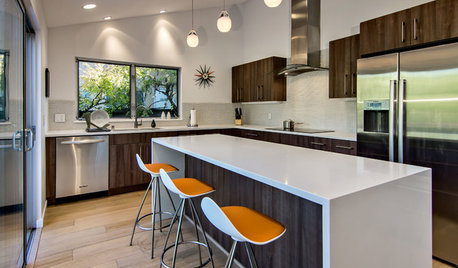
REMODELING GUIDESWhere to Splurge, Where to Save in Your Remodel
Learn how to balance your budget and set priorities to get the home features you want with the least compromise
Full Story
HOUSEKEEPINGHow to Clean Your Fridge, Inside and Out
Keep your refrigerator clean and fresh, while you gain storage space and lose those ‘UFOs’
Full Story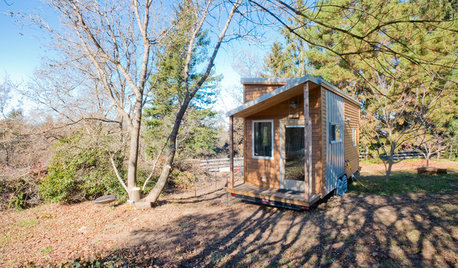
SMALL HOMESHouzz Tour: Rolling With Simplicity in a Tiny House on Wheels
Just 240 square feet, this California home encourages efficient living — but there’s still room for yoga
Full Story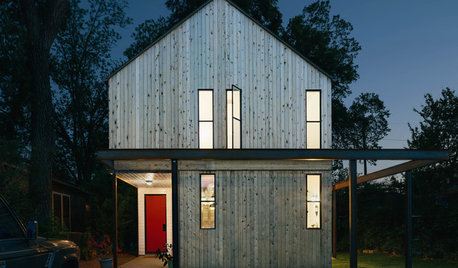
MOST POPULARHouzz Tour: Elbow Grease and Steel Create a Modern Texas Farmhouse
Talk about DIY. This couple acted as architect, interior designer and general contractor to build a one-of-a-kind home on a budget
Full Story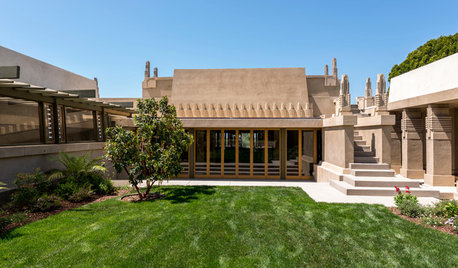
MOST POPULARExclusive Video of Wright’s Jaw-Dropping Hollyhock House
Immerse yourself in the stunningly restored Frank Lloyd Wright masterpiece
Full Story
THE POLITE HOUSEThe Polite House: Can I Put a Remodel Project on Our Wedding Registry?
Find out how to ask guests for less traditional wedding gifts
Full Story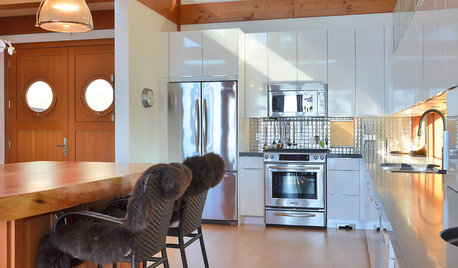
REMODELING GUIDES6 Must-Know Lessons From a Serial Renovator
Get your remodel right the first time, with this insight from an architect who's been there too many times to count
Full Story
DECORATING GUIDESBudget Decorating: How to Decorate Smart and Slow
To make the most of your decorating dollar, forgo the disposable stuff, think vintage and free first and give yourself a splurge
Full Story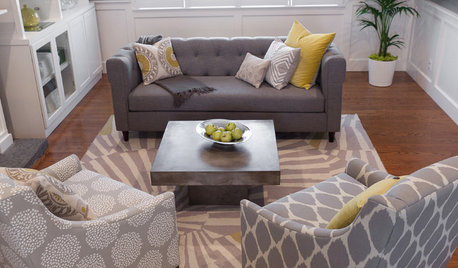
DECORATING GUIDES7 Tips to Sell Your Home Faster to a Younger Buyer
Draw today's home buyers by appealing to their tastes, with these guidelines from an expert decorator
Full Story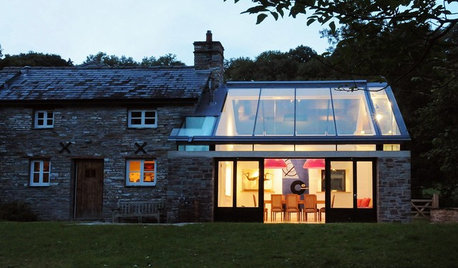
BUDGETING YOUR PROJECTDesign Workshop: Is a Phased Construction Project Right for You?
Breaking up your remodel or custom home project has benefits and disadvantages. See if it’s right for you
Full StorySponsored
Custom Craftsmanship & Construction Solutions in Franklin County
More Discussions








steelcitygalOriginal Author
kgsd
Related Professionals
Enterprise Architects & Building Designers · Morganton Architects & Building Designers · Artesia General Contractors · Browns Mills General Contractors · Conneaut General Contractors · Del Aire General Contractors · Euclid General Contractors · Fort Lee General Contractors · Reisterstown General Contractors · Summit General Contractors · West Lafayette General Contractors · Wheeling General Contractors · Williamstown General Contractors · Wright General Contractors · La Habra Interior Designers & Decoratorsfairygirl43
ladynimue
rocketdog
graywings123
chisue
mfbenson
dave_donhoff
ladynimue
vegas_t